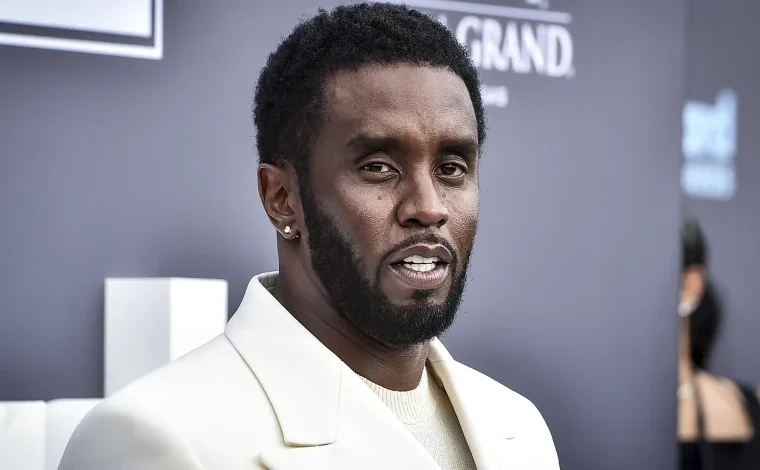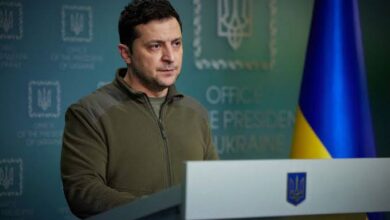Sean ‘Diddy’ Combs Faces Sentencing in New York After High-Profile Trial

Former President Goodluck Jonathan says the abduction of 276 Chibok schoolgirls in 2014 remains an indelible scar that he will carry for the rest of his life.
Jonathan made the admission on Friday, October 3, in Abuja at the public presentation of Scars:
Nigeria’s Journey and the Boko Haram Conundrum, a memoir authored by former Chief of Defence Staff, General Lucky Irabor.
Praising Irabor’s service, Jonathan described him as “a soldier who stood for truth and never played politics with security.”
Reflecting on his presidency, Jonathan confessed that the Chibok tragedy would forever mark his government.
“One of the major scars on my government is the Chibok Girls.
As Bishop Kukah said, no plastic or cosmetic surgeon can remove it. It is a scar I will die with,” Jonathan said.
The abduction of the schoolgirls in April 2014 sparked the global #BringBackOurGirls campaign and worldwide outrage.
While some escaped or were freed in negotiated releases, more than 80 girls remain unaccounted for, over a decade later.
Jonathan also shared insights on Boko Haram’s rise. He recalled that the sect emerged in 2009 when he was Vice President under Umaru Musa Yar’Adua.
The insurgency intensified during his presidency and continued beyond it.
“I battled Boko Haram for five years as President. I thought Buhari would wipe them out quickly, but they remain,” he said.
He stressed that the insurgency was “far more complex than many assume,” warning that Nigeria must rethink its strategy.
Jonathan argued that the group’s access to advanced weaponry indicated strong external backing.
“Sometimes they even had more munitions than our soldiers. That does not reflect the actions of hungry villagers,” he said.
He suggested that Nigeria may need a “carrot and stick” approach to end the crisis.
He also questioned why the insurgency has persisted since 2009 despite repeated military offensives and international support.
Jonathan’s government faced sharp criticism over its handling of the Chibok abduction, with accusations of weak coordination and political hesitation.
Critics pointed to delays in public statements and initial resistance to foreign assistance.
Civil society groups and families of the victims accused his administration of failing to provide transparency.
Defending himself, Jonathan said his silence at the time was aimed at protecting sensitive investigations and intelligence operations.
Since 2014, successive administrations have secured the release of 189 Chibok girls, either through escape or negotiated freedom.
But dozens remain missing, and many survivors face trauma, stigma, and disrupted education.
Some returned home with children born during captivity.
The Federal Government maintains that rescuing the remaining Chibok girls and Leah Sharibu, abducted in 2018, remains a national priority.
Jonathan’s emotional reflection shows how deeply the tragedy still shapes Nigeria’s history and his personal legacy, more than a decade after the abduction.
Post Views: 36





